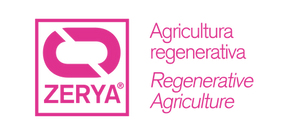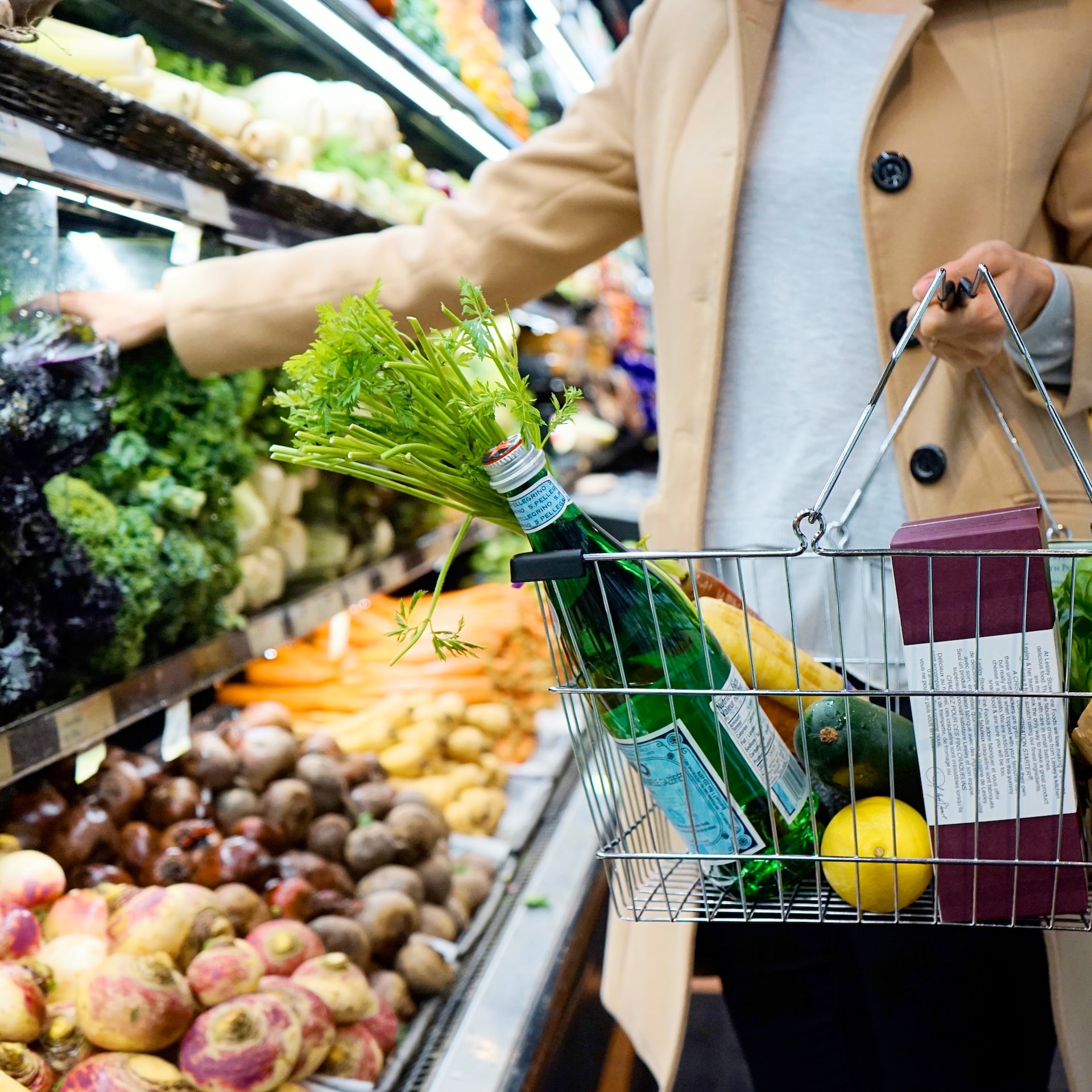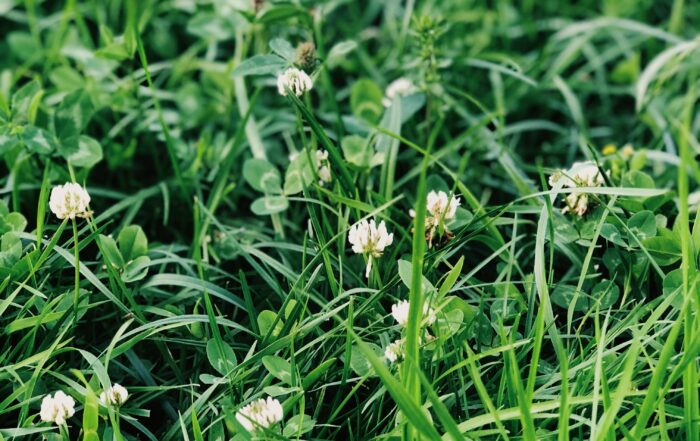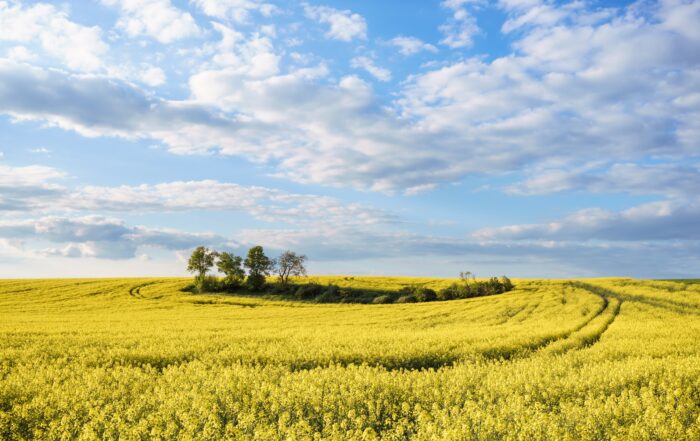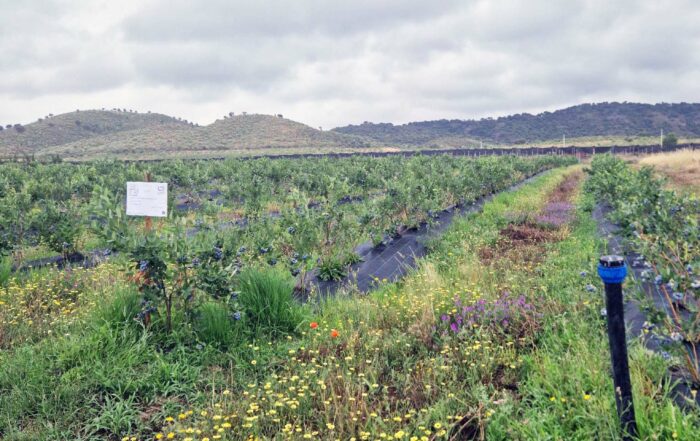We need to adapt. Regenerative agriculture allows us to produce food with values, respecting the environment, health and welfare of people and animals. And in turn, restore natural cycles, improve soil fertility, increase biodiversity, reduce greenhouse gas emissions and adapt to climate change.
From ZERYA Regenerativa, we promote the development of regenerative agriculture in the Iberian Peninsula and Europe, offering advice, training, certification and support to all those who want to join our community. We are a guarantee of quality, trust and commitment to regenerative agriculture. We are an agent of change towards a more sustainable, fairer and healthier agricultural model.
In the Iberian Peninsula and in Europe, regenerative agriculture represents an opportunity to improve the competitiveness and profitability of agricultural producers, farmers, agricultural cooperatives, the distribution chain, distribution centers and food purchasing centers. It is an opportunity to create added value, differentiate in the market, build customer loyalty and generate a positive impact on the territory. It is an opportunity to create alliances between the different actors in the agri-food sector, based on transparency, collaboration and innovation.
Therefore, at ZERYA Regenerative we are committed to:
- Regenerate biodiversity: promote crop diversity, rotations, associations, plant cover, pollination, auxiliary fauna and natural habitats.
- Regenerate agricultural soils: apply practices that improve soil structure, organic matter, microbial life, water and nutrients, such as composting, mulching, rotational grazing or conservation agriculture.
- Regenerate trust: establish relationships of transparency, collaboration and fairness between the various actors in the food chain, from the producer to the end consumer.
- Establish partnerships between consumers and producers: facilitate access to local, fresh, healthy and quality products that reflect the added value of regenerative agriculture and generate a direct link between producers and consumers.
- Promote responsible consumption: respond to the growing consumer demand for food produced with social and environmental criteria that guarantee respect for human, labor and animal rights, as well as product traceability and origin.
- Accompanying the transition of the agricultural model toward regenerative agriculture: offering training, advice, incentives and technical support to producers who wish to adopt or improve their regenerative practices, as well as disseminating the benefits and success stories of this model.
- Encourage continuous agronomic improvement our checkpoints that growers can use exclusively in their agricultural management. Each control point addresses a specific objective, a detailed description and a means of assessing the degree of compliance.
Our agri-food community has the responsibility and opportunity to promote this paradigm shift. We can contribute to creating a food system that benefits all stakeholders and future generations.
Regenerative agriculture is a bet on the future. It is a way to take care of our planet and our health. It is a way to generate economic and social value. It is a way to feed the world with respect and dignity.
We invite you to join our ZERYA Regenerative community, where you can share experiences, knowledge, resources and opportunities with other agribusiness professionals who share our vision and mission. Together, we can make regenerative agriculture a reality on the Iberian Peninsula and in Europe. Together, we can regenerate the future.
Regenerative agriculture focuses on soil health and biodiversity. Some of the crops recommended for regenerative agriculture are fruit and citrus trees. Additionally, crop rotation is a common practice in regenerative agriculture and can help improve soil health.
Organic farming and regenerative farming share some principles and practices, but regenerative farming focuses on creating sustainable and regenerative agricultural systems that promote biodiversity and restoring healthy ecosystems, while organic farming focuses on the production of foods without the use of synthetic chemicals. Although organic farming refers to a broader term, which includes different types of agriculture that, such as regenerative agriculture, minimize the impact of agricultural activity on the land.
The 2030 Agenda for Sustainable Development is a roadmap towards a new development paradigm in which people, the planet, prosperity, peace and alliances take a central role.
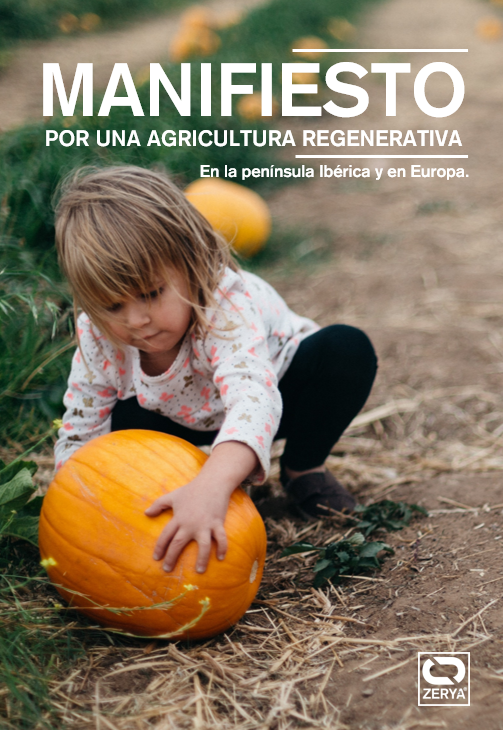
Support the Manifesto
Support our manifesto for regenerative agriculture in the Iberian Peninsula and Europe
